|
This week we’re taking a look at another one of our Session IV college courses! Marine Ecology, taught by Dr. Clay Corbin of Bloomsburg University, focuses on the relationships between organisms and their coastal and aquatic environments. At the Field Station, students learn about basic ecological principles, but they also get to explore the different coastal environments of a barrier island out in the field through quantitative and qualitative observation and ecological experiments. Yesterday, the class had the opportunity to go out on the RV Parker with Captain Tom, where our College Assistant Coordinator Brandylynn Thomas helped the class in two different methods of species sampling: trawling and long-lining. Through these two techniques, students were able to record data on a variety of species. The class also talked about how these species went through evolutionary adaptations in their aquatic environments. Butterfly rays, clear nose skates, horseshoe crabs, as well as Blacktip and Atlantic sharpnose sharks were among the species that were caught. This trip in particular provides students with a unique opportunity to handle some of these larger species. All organisms are identified, measured, and sexed before releasing them back into the ocean. For some of the large sharks, CBFS actually participants in a tagging program through the National Marine Fisheries Service's Cooperative Shark Tagging Program. Through the tagging program, NMFS and NOAA are able to retrieve valuable data on migration and the extent of fish movements. You can learn about the other Session IV classes here: Marine Ichthyology, Marine Geology, and Marine Invertebrates. This is our last session of college classes this summer, so be sure to keep an eye out for next summer’s courses which will open up this winter!
0 Comments
Leave a Reply. |
About
Everything you need to know about CBFS's educational programs, visiting Chincoteague Island, and more! Categories
All
Archives
January 2019
|
CHINCOTEAGUE BAY FIELD STATION | 34001 Mill Dam Road | Wallops Island, VA 23337 | (757) 824-5636 | [email protected]
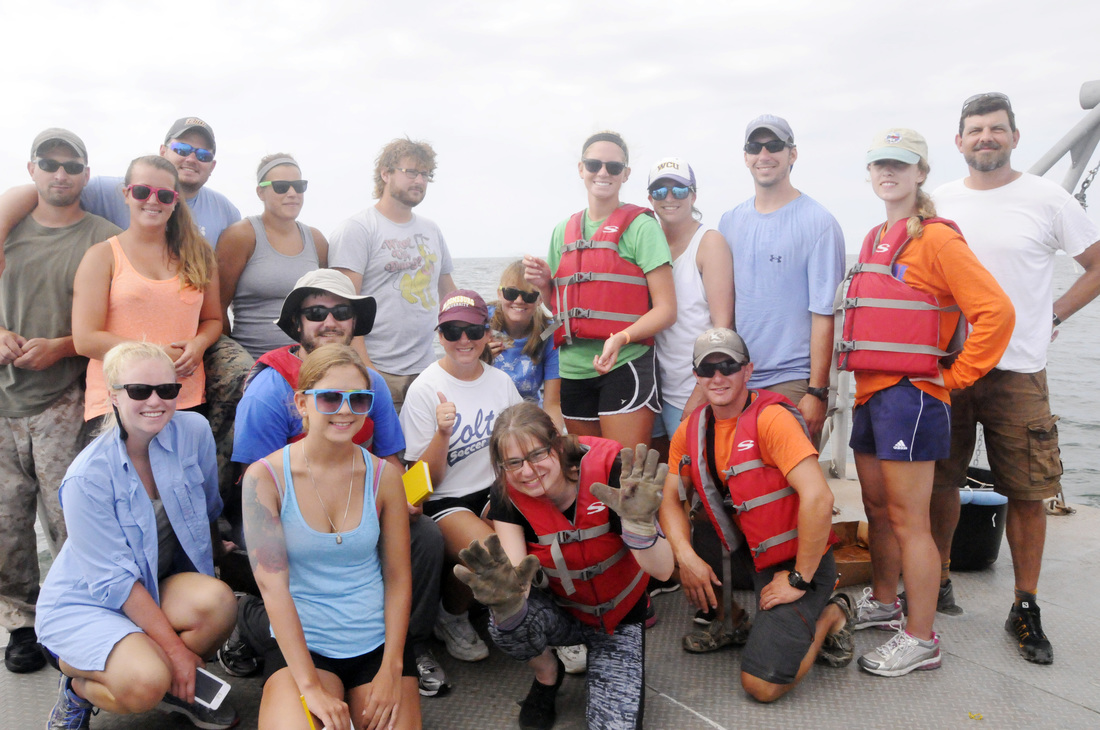
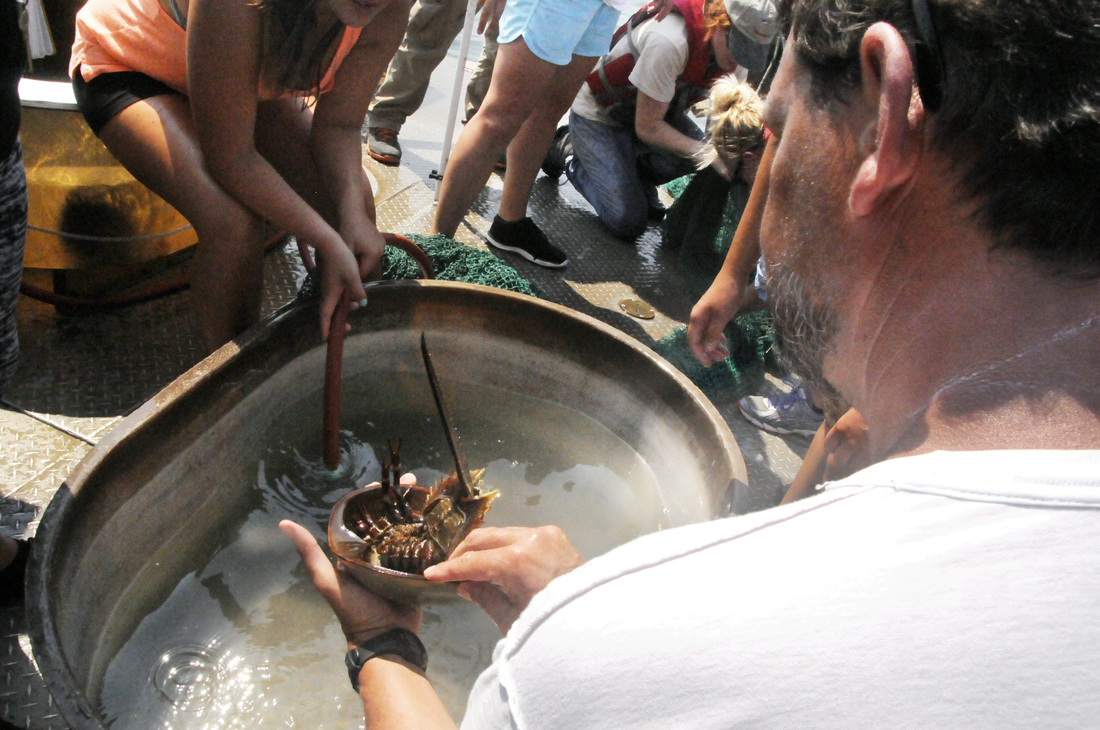
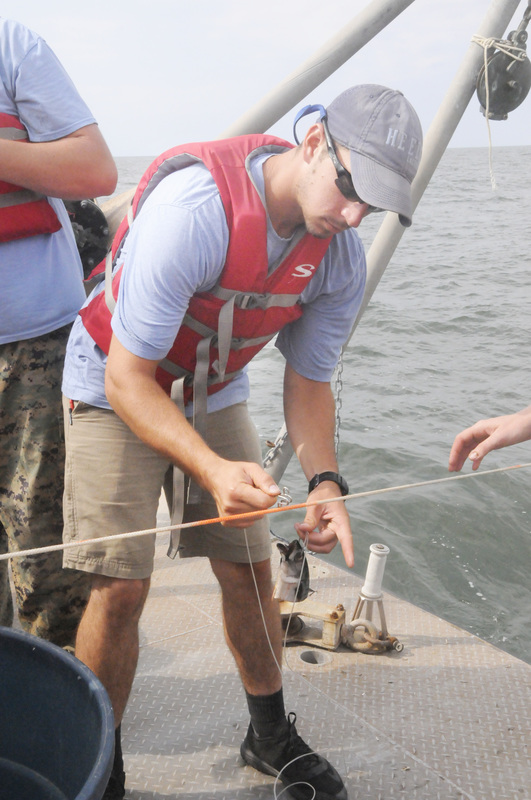
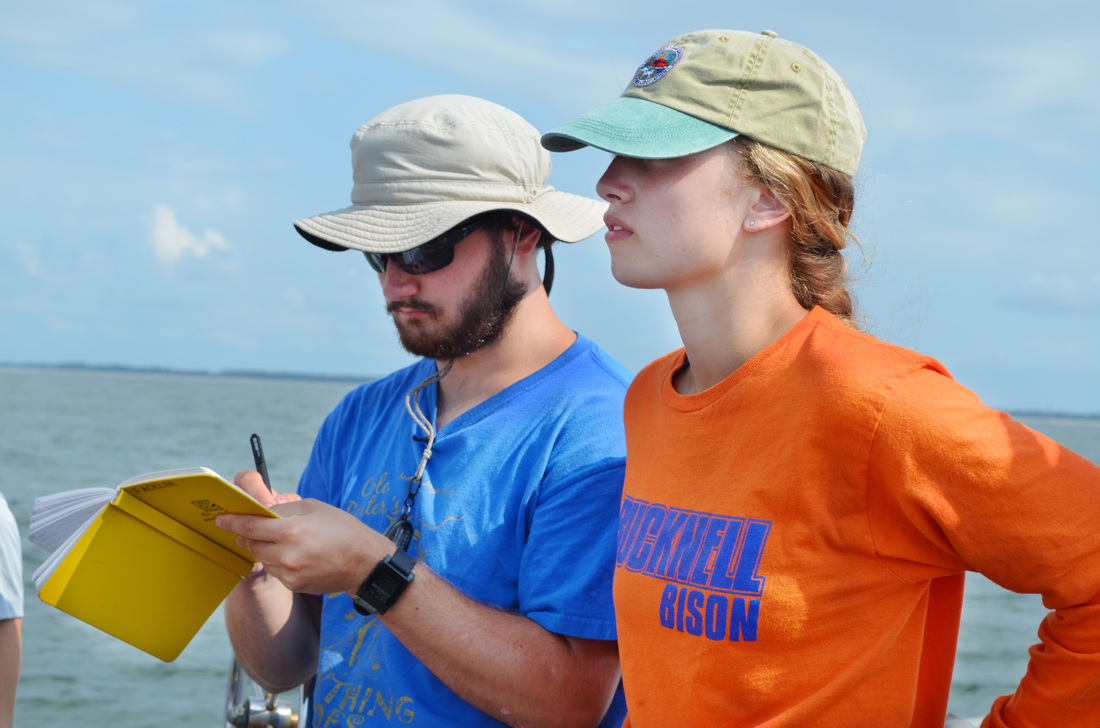
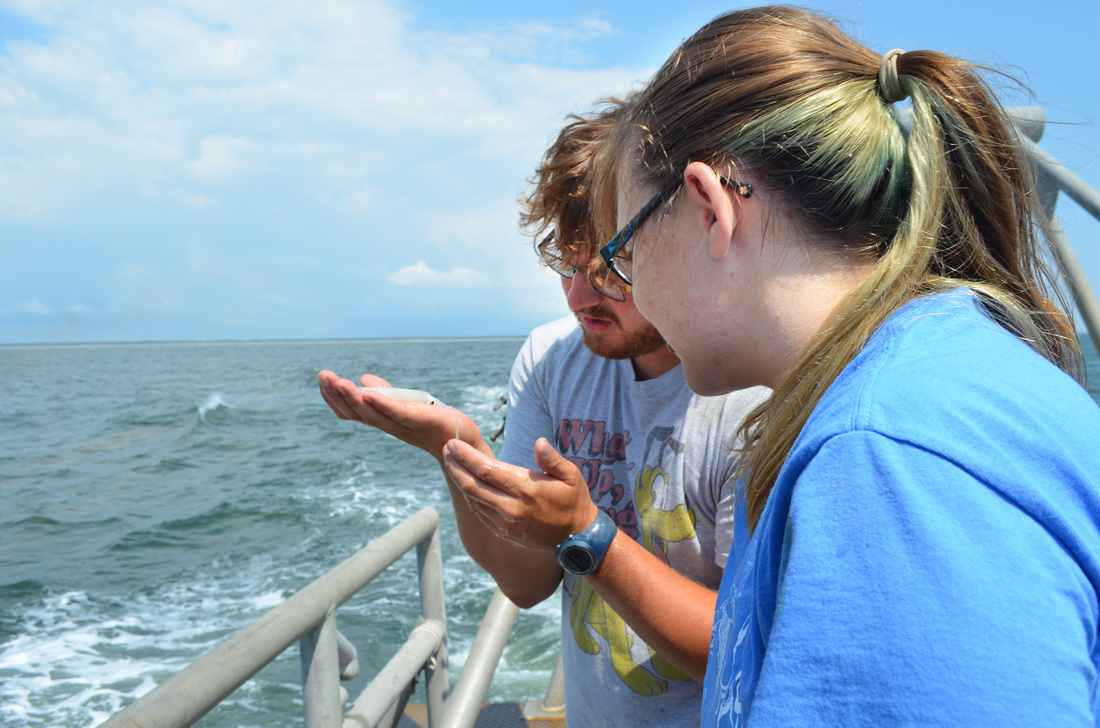
 RSS Feed
RSS Feed

